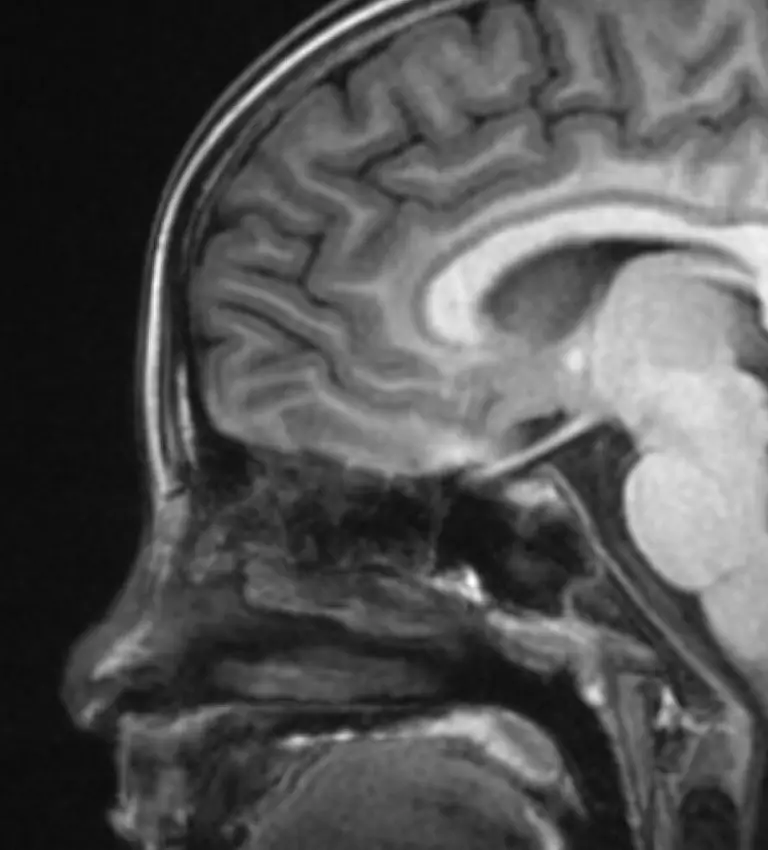Support for Families Affected by Hypoxic-Ischemic Encephalopathy (H.I.E.) in Pennsylvania

Has your child suffered a birth injury? Was it preventable? Are you searching for answers about Hypoxic-Ischemic Encephalopathy (H.I.E.) and not sure where to turn?
H.I.E. occurs when a baby’s brain is deprived of oxygen at some point during pregnancy, labor, or delivery. Even a brief lack of oxygen can lead to permanent injury, affecting your child’s entire life. In some cases, this devastating outcome could have been avoided with proper medical care. If you believe a medical professional’s negligence contributed to your child’s condition, whether your child is a newborn or up to 20 years old, contact Latona Law for a free consultation at (570) 825-9000.
For over 30 years, Latona Law has been committed to helping families like yours throughout the Wilkes-Barre/Scranton area. Our experienced birth injury attorneys specialize in cases where medical negligence led to conditions such as H.I.E. Our team will fight to get the answers and compensation your family deserves.
What is Hypoxic-Ischemic Encephalopathy (H.I.E.)?
H.I.E. is a type of brain injury caused by a lack of oxygen and blood flow to the brain, which can occur before, during, or after birth. It can result from difficult deliveries, emergency C-sections, or complications like placental abruption. When oxygen is restricted, the baby’s brain may suffer significant damage. If medical errors or negligence contributed to this, your family may be entitled to compensation for the injury, including the cost of past and future medical care.
Signs and Symptoms of H.I.E.
Recognizing the signs of H.I.E. in newborns is critical. Some symptoms to look out for include:
- Excessive or minimal reaction to stimulation
- Abnormal movement or seizures
- Difficulty feeding due to weak sucking or muscle issues
- Weak or absent cry
- Low heart rate, poor muscle tone, or weak/no breathing
- Bluish or pale skin
- Presence of meconium-stained amniotic fluid
- Acidic blood (a sign of oxygen deprivation)
H.I.E. Brain Damage Symptoms:
While symptoms may range from mild to severe, long-term effects of H.I.E. can include cognitive impairment, learning disabilities, and damage to key brain areas such as the cerebral cortex, hippocampus, and occipital lobe.
Types of H.I.E.
- Mild H.I.E.: Increased muscle tone, brisk reflexes, poor feeding, irritability, or excessive crying. These symptoms usually resolve within 24 hours.
- Moderate H.I.E.: Lethargy, weak reflexes, periods of apnea, and seizures within the first 24 hours. Full recovery within 1-2 weeks is possible, but monitoring is required.
- Severe H.I.E.: Delayed, severe seizures resistant to treatment, coma, irregular breathing requiring ventilator support, and brain edema. These cases often involve life-threatening complications and may result in long-term disabilities or death.
Causes of H.I.E.
Several factors can contribute to H.I.E., including:
- Preeclampsia
- Placental issues such as abruption or insufficiency
- Umbilical cord accidents (prolapse, knots, compression)
- Maternal conditions (diabetes, low blood pressure, cardiovascular collapse)
- Infections (bacterial or viral)
- Uterine rupture or trauma during labor
- Failure to perform a timely emergency C-section
- Prolonged labor or abnormal fetal positioning
Get the Answers You Deserve
If your child is showing signs of H.I.E., it’s critical to determine if medical negligence played a role. Our experienced team at Latona Law will thoroughly investigate your case and seek justice for your family. We understand how overwhelming this time can be, and we’re here to provide the legal and emotional support you need.
Contact us today at (570) 825-9000 for a free consultation. Let us help you uncover the truth and fight for the compensation your family deserves.
